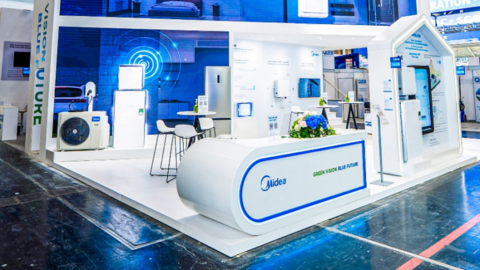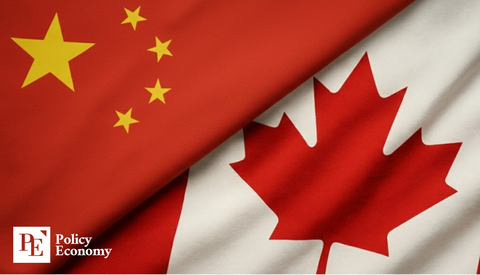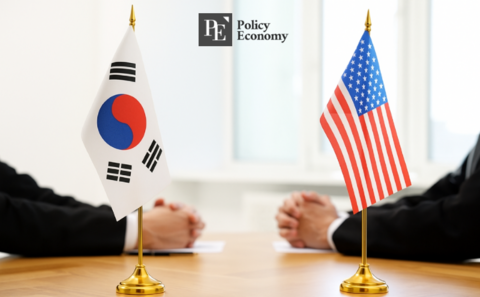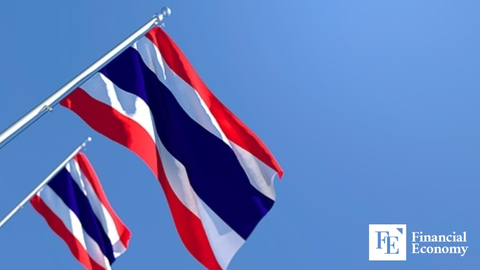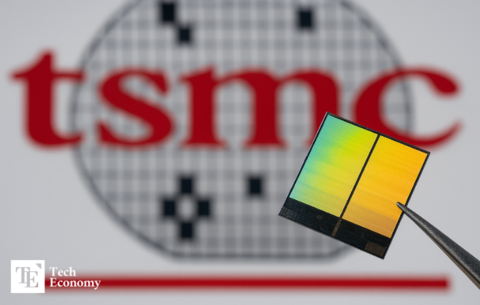“A Bad Deal for America”: Detroit Three Slam U.S.–Japan Trade Agreement
Input
Modified
American Automotive Policy Council criticizes outcome of U.S.–Japan trade talks. Warns of declining price competitiveness as U.S. automakers still face tariffs on parts. Raises speculation that auto tariffs may be on the table in upcoming U.S.–South Korea negotiations.
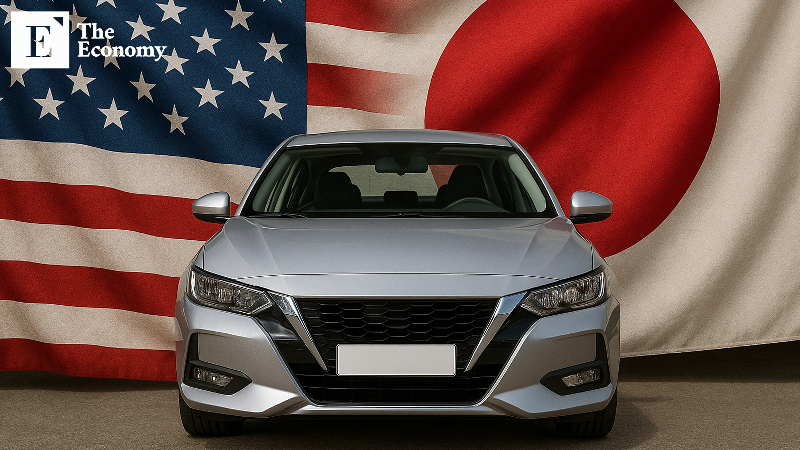
Major U.S. automakers are pushing back against the recent trade agreement between the Trump administration and Japan, warning that tariff cuts on Japanese auto imports could undermine the competitiveness of American car manufacturers. Industry leaders argue that lowering import duties for Japan gives foreign rivals an unfair edge while U.S. companies continue to face high costs in a tightly contested global market.
Tensions Rise in Detroit Over U.S.–Japan Auto Tariff Deal
According to The Wall Street Journal on July 23 (local time), the United States has agreed to cut import tariffs on Japanese automobiles from 25% to 12.5%—a move that immediately sent shockwaves through the global auto industry. Following the announcement, Toyota shares surged nearly 14% on the Tokyo Stock Exchange, marking their biggest single-day gain in 15 years. Honda stock also jumped more than 11%, as investors viewed the agreement as a bullish signal for Japanese automakers.
In stark contrast, Detroit’s major carmakers expressed discontent. Matt Blunt, president of the American Automotive Policy Council—which represents General Motors (GM), Ford, and Stellantis—criticized the deal, saying, “Vehicles imported from Japan contain little to no U.S.-made components, whereas cars produced in North America rely heavily on American parts. Granting lower tariffs to Japanese vehicles is a bad deal for American industry and workers.” U.S. automakers fear that the lowered tariff rate could give Japanese rivals a decisive competitive edge in the American market.
Industry frustration stems in part from the fact that Detroit’s Big Three also face considerable tariff burdens. Despite being American brands, a large portion of their vehicles are assembled overseas and then imported into the U.S. GM, for example, imports nearly half of the vehicles it sells domestically. Stellantis manufactures its high-margin Ram pickup trucks in Mexico and Chrysler Pacifica minivans in Canada. Ford’s popular Bronco Sport SUV is also produced in Mexico. This heavy reliance on cross-border production means U.S. automakers are not exempt from the very tariff pressures now being eased for Japan.
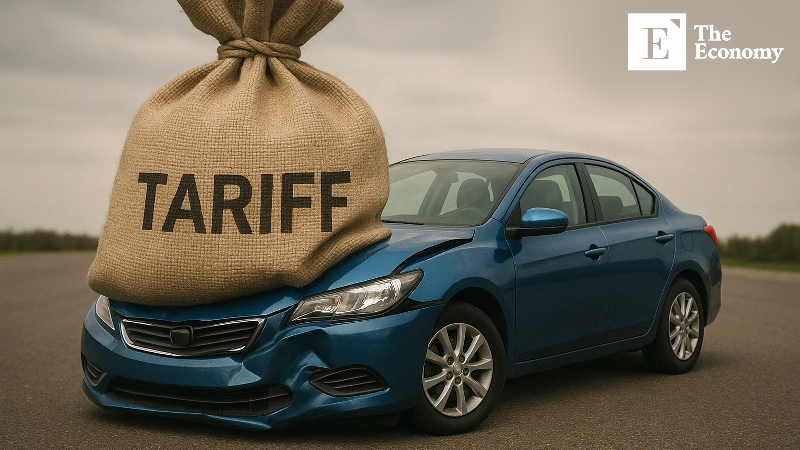
U.S. Carmakers Resist Parts Tariffs Despite Push for Import Duties on Japanese Cars
In a revealing contradiction, Detroit’s Big Three—who favor maintaining tariffs on imported Japanese vehicles—have voiced opposition to the Trump administration’s tariffs on auto parts. Back in April, six major industry groups representing American automakers and parts suppliers sent a joint letter to the Departments of Treasury and Commerce, urging a rollback of certain tariff measures. “Most companies do not have the financial capacity to absorb the sudden shock of new tariffs,” the letter stated, warning that many manufacturers were facing production shutdowns, layoffs, or even bankruptcy. “While we support a shift toward U.S.-centered supply chains, reconfiguring global sourcing systems cannot happen overnight—or even within a few months,” the groups added.
Industry analysts say this apparent double standard reflects a broader “America First” economic mindset. “From the perspective of U.S. automakers, tariffs on foreign-made vehicles help enhance price competitiveness and gain market share,” one market expert noted. “If international rivals are forced to raise prices due to higher costs, it naturally strengthens Detroit’s position.” However, the same analyst pointed out that parts tariffs directly harm the Big Three, which import a large share of their components. “There’s no real strategic justification for supporting parts tariffs—they’re simply bad for domestic manufacturers,” the expert said.
In response to industry pressure, the Trump administration announced partial relief on auto parts tariffs at the end of April. Under the new rule, automakers will receive temporary exemptions on up to 15% of vehicle value this year and 10% next year—provided the vehicles are manufactured in the U.S. Still, many in the industry have dismissed the move as a short-term fix. The 25% tariff on auto parts is scheduled to be fully reinstated on May 1, 2027, leaving automakers exposed to long-term cost pressures.
Will South Korea See Auto Tariffs Reduced Next?
If the Trump administration moves to lower auto tariffs in trade talks with countries beyond Japan, tensions with the Detroit Three are expected to intensify. According to a recent Bloomberg report citing multiple sources, the United States is currently pursuing negotiations with South Korea that could lead to a 15% tariff rate on automobiles—similar to the recent deal with Japan. In return, Seoul may be asked to increase purchases of U.S. agricultural products and aircraft.
However, the path forward is far from clear. A planned high-level meeting between the two countries, originally scheduled for July 25, was abruptly canceled. South Korea’s Ministry of Economy and Finance announced at 9:28 a.m. on July 24 that the "2+2" meeting was called off due to scheduling conflicts on the part of U.S. Treasury Secretary Scott Besent. South Korea’s delegation was to include Deputy Prime Minister Kyungho Choo and Trade Minister Yeo Han-koo, while the U.S. side was to be represented by Besent and U.S. Trade Representative Jamison Greer.
The cancellation notice reportedly arrived just 85 minutes before Deputy PM Choo was scheduled to depart, forcing him to turn back at Incheon Airport. The Ministry said that the U.S. side expressed regret multiple times and proposed to reschedule the meeting as soon as possible. Still, the last-minute cancellation has raised concerns among observers that the U.S. may be deprioritizing negotiations with South Korea in favor of talks with the European Union and China.


